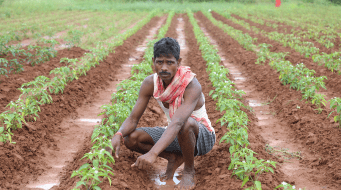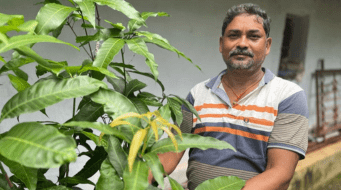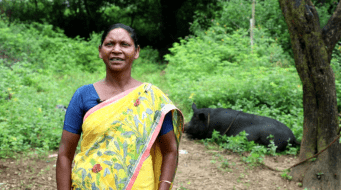In a new paper researchers at WOTR examine how agricultural practices in rural Maharashtra are being transformed in response to climatic and non-climatic challenges. Using WOTR’s vulnerability assessment tool, Co-DriVE-PD, we found that caste and community had important bearings on people’s livelihoods, approaches to agriculture, and resource access – all of which affected their vulnerability. The paper is based on field work conducted in drought prone villages in Ahmednagar & Aurangabad district. Here, caste and social standing play a major role in access to resources. While some groups are “better off and more resilient”, their resource intensive practices are environmentally harmful and adversely affect others dependent on the same resources. However, being greater risk takers, when these same groups adopt improved adaptive technologies and practices successfully, they serve as “lighthouses”, inspiring others to do the same.
In addition to offering guidance on important things to consider when designing and implementing vulnerability assessments, the insights from this work can be used to inform adaptation and mitigation policies and practices, and ensure that they help to build the adaptive capacities of different groups of people.
Read the paper here!






